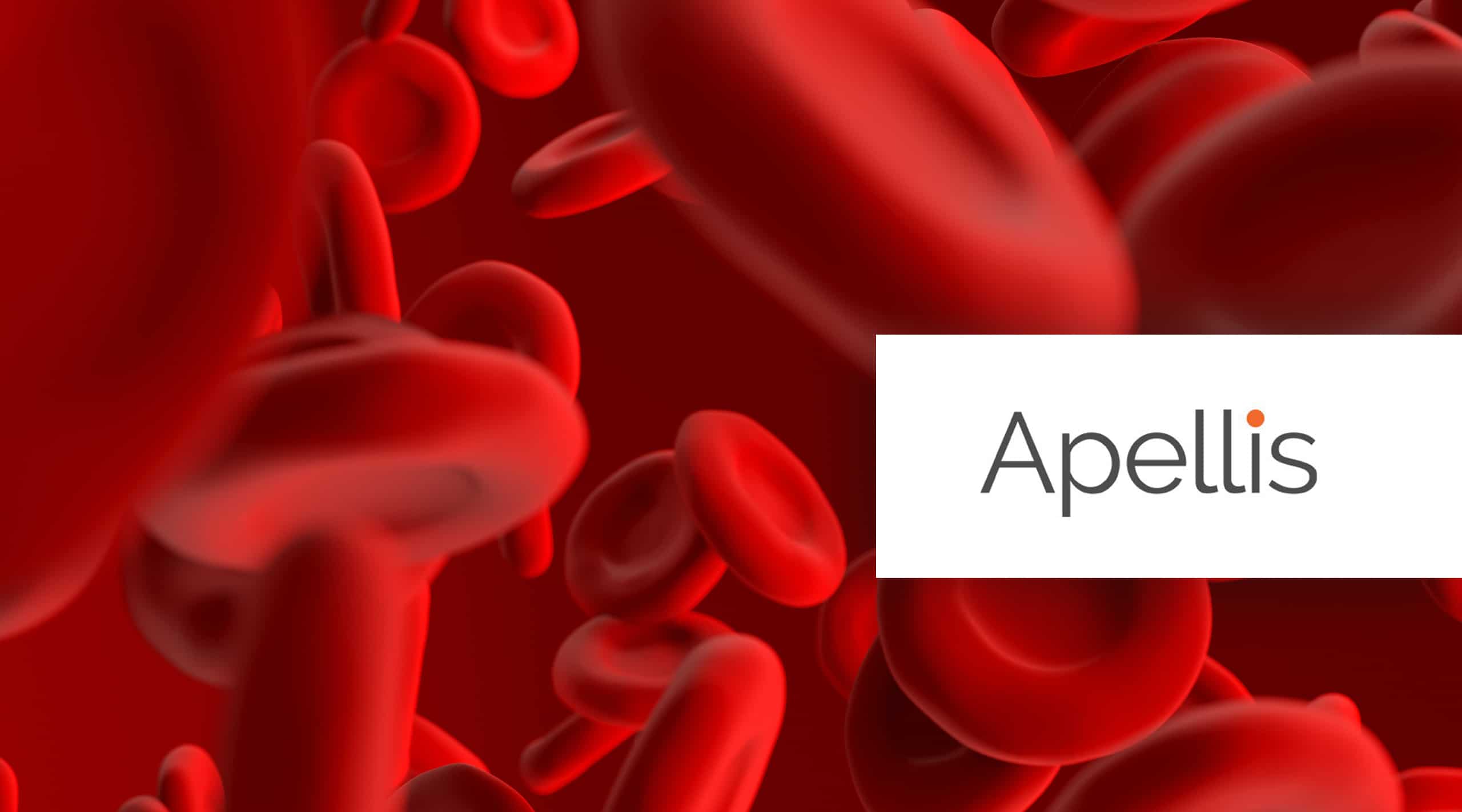Last week the FDA approved a new sub-q therapy, Empaveli (pegcetacoplan) from Apellis Pharmaceuticals, for the treatment of adults with paroxysmal nocturnal hemoglobinuria (PNH) who are treatment naïve and those who are switching from Alexion’s two marketed PNH C5 inhibitor therapies, Soliris (eculizumab) and Ultomiris (ravulizumab).
PNH is an acquired disorder that leads to the rupture or destruction of red blood cells called hemolysis. Patients with the disease experience severe anemia, profound fatigue, shortness of breath, intermittent episodes of dark colored urine, kidney disease, or recurrent pain. Chronic hemolysis can be devastating, with the potential to damage vital organs and cause premature death.
Empaveli is administered by subcutaneous infusion twice weekly via a commercially available pump. By comparison, both Soliris and Ultomiris are administered by infusion.
PHN is an ultra-rare disorder with only about 300 patients in the US.
Apellis set Empaveli’s initial price at $458,000, which the company says is on par with Ultomiris and lower than the price tag on Soliris.
Apellis has announced that Empaveli will be available only through physicians and pharmacies that are registered/approved through their REMS management program. Their web site references PantherRx Rare as the program lead pharmacy.
FDA approves new treatment for adults with serious rare blood disease
FDA has approved Empaveli (pegcetacoplan) injection to treat adults with paroxysmal nocturnal hemoglobinuria (PNH), a rare, life-threatening blood disease. Empaveli is the first PNH treatment that binds to compliment protein C3.
PNH is characterized by red blood cell destruction, anemia (red blood cells unable to carry enough oxygen to tissues), blood clots, and impaired bone marrow function (not making enough blood cells). The disease affects 1-1.5 people per million. Individuals are typically diagnosed around ages 35 to 40. PNH can be serious, with median survival of 10 years after diagnosis. However, some patients live for decades with only minor symptoms.
PNH is caused by gene mutations that affect red blood cells. Red blood cells in people with these mutations are defective and can be destroyed by the immune system, which causes anemia.
The effectiveness of Empaveli was evaluated in a study enrolling 80 patients with PNH and anemia who had been taking eculizumab, a treatment previously approved for PNH. Patients first completed a four-week period during which they received Empaveli 1,080 mg twice weekly in addition to eculizumab at their previous dose. After the first four weeks, patients were randomly assigned to receive either Empaveli or their current dose of eculizumab for 16 weeks.
After 16 weeks, the severity of anemia was compared in the two treatment groups on the basis of hemoglobin concentration (a laboratory measure of anemia). In both treatment groups, the average hemoglobin was 8.7 g/dL at baseline, indicating severe anemia. (Normal hemoglobin values in adult men are 14 g/dL or above; normal values in adult women are 12 g/dL or above.) During the 16 weeks of treatment, patients in the Empaveli group had an average increase in their hemoglobin of 2.4 g/dL. Meanwhile, patients in the eculizumab group had an average decrease in their hemoglobin of 1.5 g/dL.
Empaveli is available only through a restricted program under a risk evaluation and mitigation strategy. Meningococcal (a type of bacteria) infections can occur in patients taking Empaveli and can become life-threatening or fatal if not treated early. Empaveli may also predispose individuals to serious infections, especially infections caused by encapsulated bacteria. Patients should be monitored for infusion-related reactions. Empaveli can interfere with certain laboratory tests. The most common side effects are injection site reactions, infections, diarrhea, abdominal pain, respiratory tract infection, viral infection, and fatigue.






